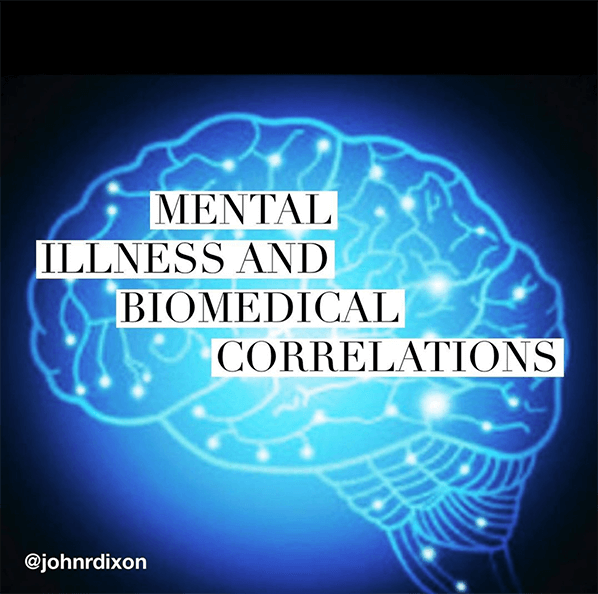I recently returned from the 9th Annual Integrative Medicine for Mental Health Conference in Dallas, Texas. This conference offers health care providers from many different disciplines a holistic approach to successfully diagnose and treat underlying issues contributing to neurological, behavioral, and psychiatric disorders.
Research has revealed that many conditions such as depression, bipolar disorder, anxiety, OCD, eating disorders, and autism often have biomedical causes that contribute to symptoms including nutritional deficiencies, chronic infections, genetic weaknesses and environmental toxin accumulations. Many patients experience better outcomes when these causes are addressed and treated through a combination of functional laboratory testing, nutritional therapies, specialized diets, detoxification protocols, and neurofeedback.
Mental health is dependent on properly functioning neurotransmitters, the chemical messengers that allow neurons to communicate with one another. Of the 250-plus known neurotransmitters, the most critical for mental health are serotonin and the catecholamines including norepinephrine, epinephrine and dopamine. Proper amounts of these neurotransmitters are critical for healthy brain activity and heavily dependent on proper dietary intake of minerals including zinc, lithium, magnesium, iron, and chromium, as well as B vitamins, in particular B12, folate, B6, vitamins C, D, K and an important enzyme cofactor called BH4.
Excess dopamine, which can stem from intestinal bacteria, has been linked to a number of mental health disorders including ADHD, depression, alcoholism, Alzheimer’s disease, schizophrenia, depression and fatigue. Studies have shown that the gut bacteria Clostridia can inhibit the enzyme that converts dopamine to norepinephrine, resulting in high dopamine levels and the formation of phenolic compounds which are suspected to play a role in autism spectrum disorders. A simple urine test called an organic acid test is helpful in diagnosing this condition.
The emerging role of a condition known as metabolic endotoxemia as a cause of depression and anxiety disorders is also gaining attention in the integrative health community. It is associated with a gut-derived endotoxin called lipopolysaccharide (LPS) which is released into the blood stream of people consuming high calorie, high saturated fat diets who also have increased intestinal permeability, or leaky gut syndrome. High levels of LPS result in a signaling cascade of highly inflammatory chemicals that flood the brain, resulting in altered receptor activity. LPS has also been linked to obesity, type 2 diabetes, dementia, heart disease, cancer, and hypertension. Interventions for reducing LPS and systemic inflammation include quercetin, curcumin, sulforaphane, resveratrol, omega 3 fatty acids with high levels of EPA and DHA and free-form amino acids in a powder form.
The connection between environmental toxins and mental health conditions is well established in medical literature. Glyphosate and other toxic chemicals have attracted much attention from the autism community. Although this remains controversial, there is some epidemiological data that correlates increased usage of glyphosate with an increase in autism rate. One popular theory states that glyphosate induces significant changes in the normal bacteria that live in the gut, resulting in altered neurotransmitter production.
Heavy metals including mercury, cadmium, arsenic and lead have long been associated with altered brain and neurotransmitter function. Heavy metal toxicity is common and can be assessed with a urinary provocation test, and protocols to remove heavy metals vary. Be sure to consult your health care provider before beginning a program for toxic element removal or integrated mental health.
Dr. John Dixon is an Institute of Functional Medicine certified practitioner and can be reached at the Natural Medicine Group (760) 345.7300.
Sources: 1) IMMH conference, 2018 2) Great Plains Laboratory (July 2018) Inhibition of dopamine conversion to norepinephrine by clostridia metabolites appears to be a (the) major cause of autism, schizophrenia, and other neuropsychiatric disorders.; 3) https://www.ncbi.nim.nih.gov/pmc/articles/PMC3774444 4) https://jamesgreenblattmd.com/ 5) Institute for Functional Medicine website, www.ifm.org

